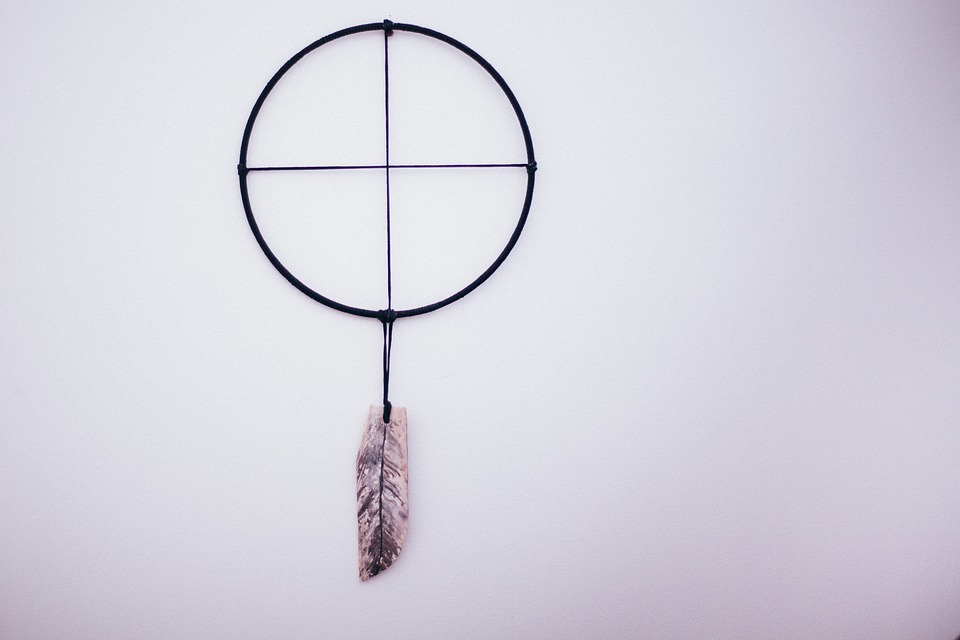
Indigenous Peoples’ Day/Columbus Day is a holiday that is celebrated annually in the United States on the second Monday of October. This day is observed in different ways throughout the country, with some communities celebrating it as Indigenous Peoples’ Day to honor and recognize the contributions of Native Americans to the history and culture of the United States. Other communities continue to celebrate it as Columbus Day to commemorate the arrival of Christopher Columbus to the Americas in 1492.
The history of this holiday is complex, and its observance has been a topic of debate and controversy for many years. While Columbus is often celebrated as a hero in the traditional narrative, many people view his arrival and subsequent colonization of the Americas as a significant and violent disruption to the lives and cultures of the Indigenous people who already lived there.
In recent years, the movement to replace Columbus Day with Indigenous Peoples’ Day has gained momentum, with more cities and states adopting the change. The observance of Indigenous Peoples’ Day is seen by many as a way to recognize and honor the cultural contributions and resilience of Native American communities, as well as to acknowledge the ongoing struggles they face.
Regardless of how it is celebrated, the day serves as an opportunity to reflect on the history and experiences of Indigenous peoples, and to work towards a more equitable and just future for all.
If you would like to learn more about Indigenous Peoples’ Day/Columbus Day and its history, you can visit the National Congress of American Indians website at https://www.ncai.org/

